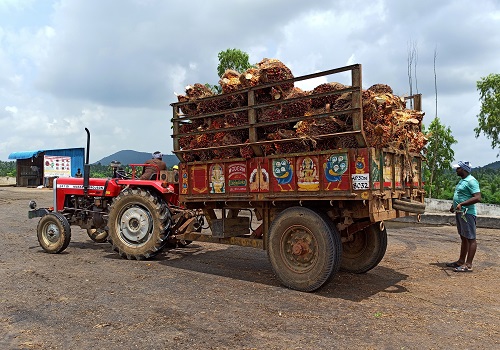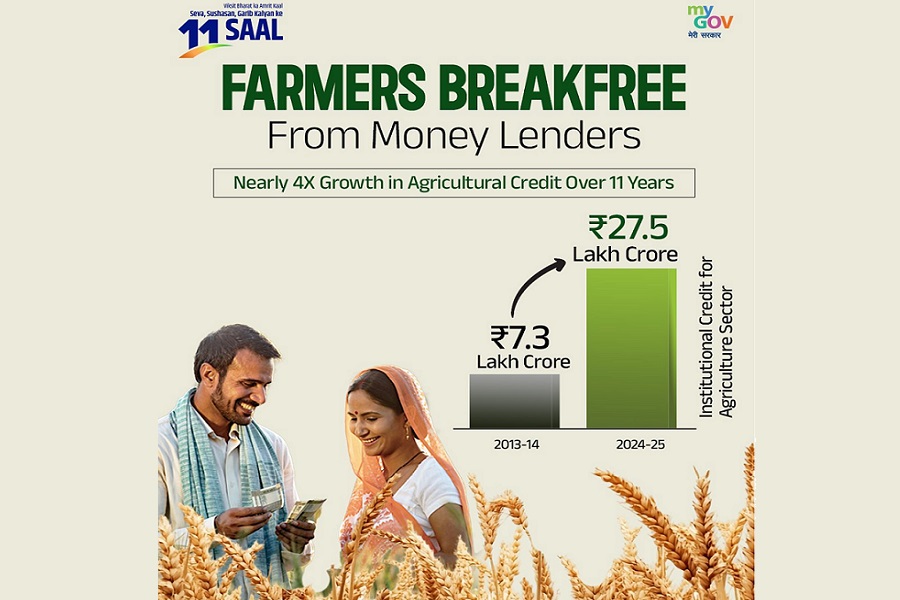GTRI cautions against imports of GM farm products from US; may affect India`s agri exports

Economic think tank Global Trade Research Initiative (GTRI) has cautioned that allowing genetically modified (GM) farm products such as soybean meal and distillers dried grains with solubles (DDGS) for animal feed from the US under the proposed trade pact would have implications for India as it may affect the country's agri exports to regions like the European Union (EU). India and the US are negotiating an interim trade pact, which is expected to be announced before July 9. DDGS is a by-product made during ethanol production, usually from corn or other grains. The EU has strict GM labelling rules and strong consumer resistance to GM-linked products. Even though GM feed is permitted, many European buyers prefer fully GM-free supply chains.
GTRI Founder Ajay Srivastava said India's fragmented agri-logistics and lack of segregation infrastructure make cross-contamination likely, risking trace GM presence in export consignments. He said ‘this could lead to shipment rejections, higher testing costs, and erosion of India's GMO-free image, especially in sensitive sectors like rice, tea, honey, spices, and organic foods. Without robust traceability and labeling systems, GM feed imports could hurt India's export competitiveness in the EU’.
He further said genetically modified crops are created by inserting specific genes, often from bacteria, viruses, other plants, or occasionally animals, into a plant's DNA to introduce new traits, such as pest resistance or herbicide tolerance. For instance, the BT gene from the bacterium Bacillus Thuringiensis enables the plant to produce a protein toxic to certain pests. Other genes, including those from soil bacteria, have been used to make crops resistant to herbicides. He added that while GM crops are biologically plant-based and function as vegetarian food, the fact that some contain genes of animal origin means they may not be acceptable to communities or individuals that adhere strictly to religious or ethical definitions of vegetarianism.





















